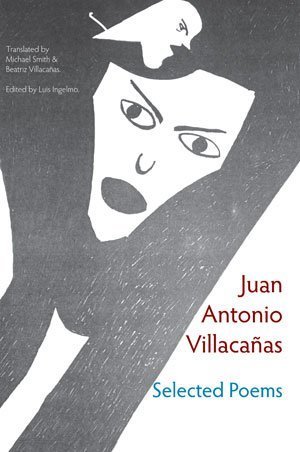Shearsman Store
Villacañas, Juan Antonio
Juan Antonio Villacañas was born on January 10, 1922, in Toledo, then a small city, but with a rich artistic and literary history, inseparable from painters such as El Greco or poets such as Garcilaso de la Vega. He was the first born of five siblings into a family of modest means.
The Civil War interrupted Villacañas' secondary studies at the age of fourteen. He spent the war years with his mother and three of his siblings with relatives in Madrid and, more often, in several villages of the province of Toledo, in the so-called republican zone, while his father had to remain in Toledo, in the so-called nationalist zone. During these years Villacañas worked in several manual jobs, mainly in bread- and wine-making.
At eighteen Villacañas went to Melilla, the Spanish base in North Africa, to do his military service. While in Melilla, he started his serious reading of Spanish and French authors, his literary interests later broadening out to embrace other literatures.
Back in Toledo, he obtained administrative work in the cultural and archival section of the Town Hall, in which he remained until illness forced his retirement in 1982. He was married to Antonia Palomo and they had two daughters. His work experience in the Town Hall enabled him to write Los Sapos (The Toads), a book of poems and an indictment against the abuses of power, not only of municipal power, but of power in any political institution. Apart from its literary merits, the courage of the undertaking should not be overlooked, as the book was published in 1968, during the Franco régime, and written in a government institution.
Villacañas always lived in Toledo and, despite the advice of some of his friends, refused to move to Madrid where he could more easily have advanced his literary career. However, he travelled through France and Central Europe, went sometimes to Madrid to give readings or visit friends, but he remained independent of literary circles and devoted himself to poetry. He also wrote literary criticism.
Despite his staunch independence and his residence in a provincial city, Villacañas won international recognition, especially during the sixties and seventies. His work appeared in the most reputable literary magazines and important anthologies of Spanish poetry.
(from the introduction to the Selected Poems , by Beatriz Villacañas and Michael Smith)


